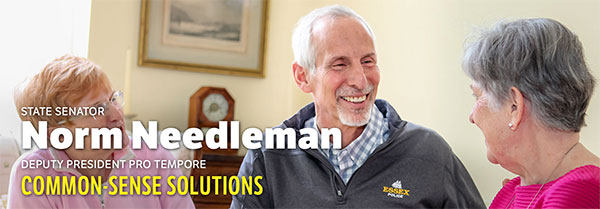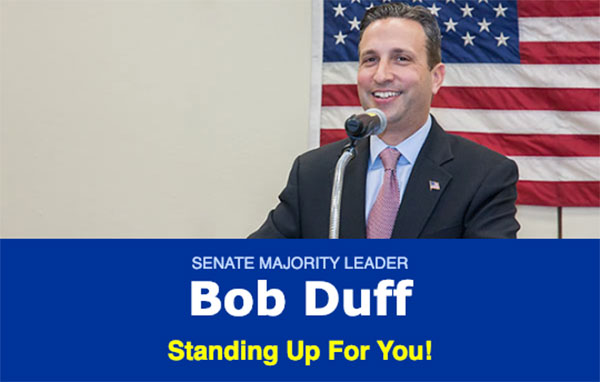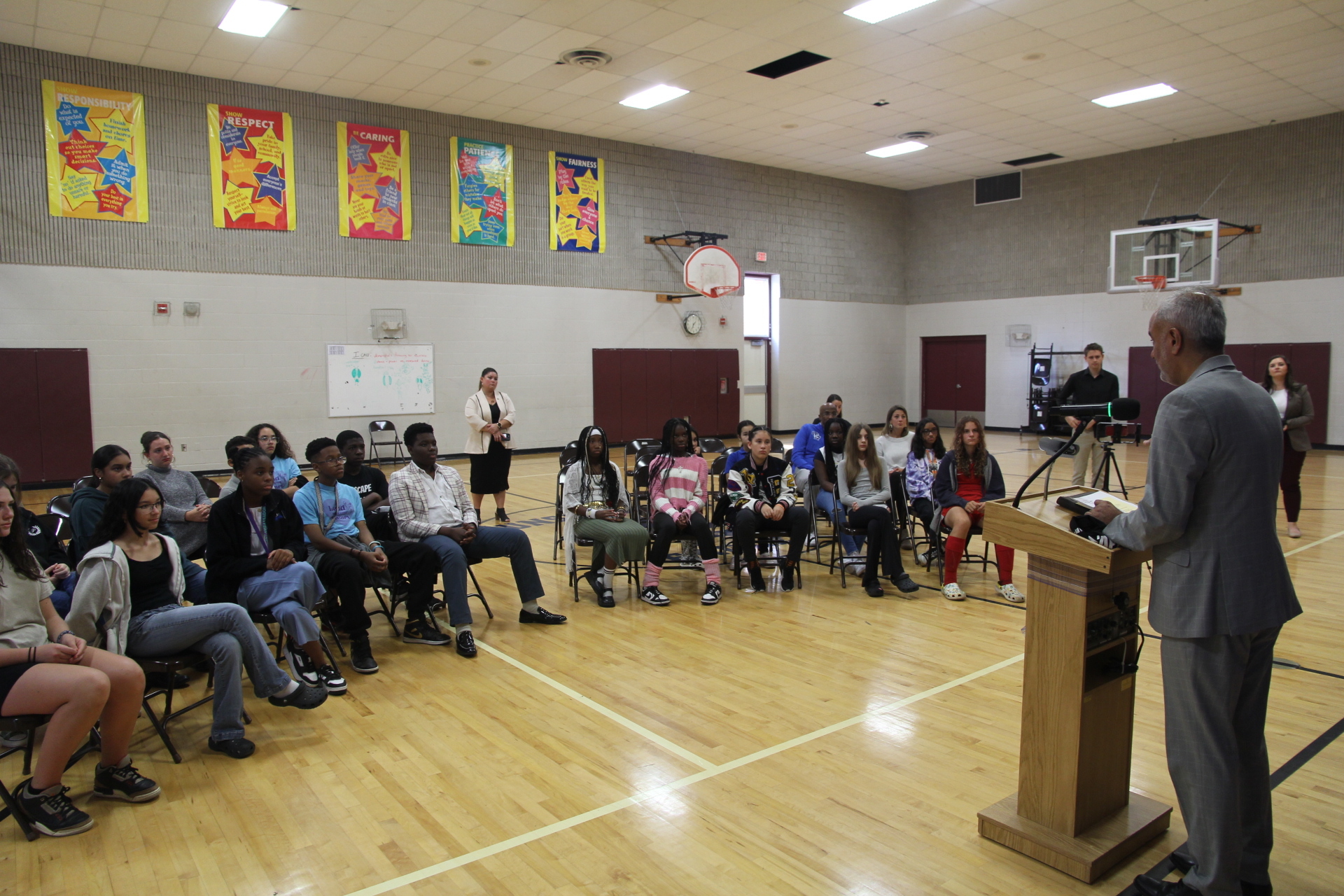Job Market Surges as Unemployment Declines

The Bureau of Labor Statistics’ latest information regarding the national job market reported significant improvement, as September 2024 saw an increase in jobs both from the previous month and expectations in the labor market.
Nationally, the United States added 254,000 jobs in September, with the unemployment rate dropping by a tenth of a point to 4.1%. Employment trended up in a number of industries, with the service industry seeing strong growth and health care, government, social assistance and construction all seeing significant leaps.
Average hourly earnings for employees nationwide increased 0.4% in the month, rising by 13 cents. Meanwhile, hourly earnings grew by 4% over the last year.
The report also included upward revisions to the two previous months, which were initially reported to have middling levels of growth that sent concerns through the stock market. The bureau’s September statistics retroactively increased those numbers by tens of thousands.
July’s report went from 89,000 jobs added in the month to 144,000 – an increase of 55,000 – while August went up from 142,000 to 159,000, an increase of 17,000. That’s 72,000 more jobs than expected for those periods.
These figures were widely praised by publications following the job market, with the Wall Street Journal saying the figures were “blowing past expectations” and indicating they may lead to a “soft landing” economically, meaning the process of an economy shifting from rapid growth to slow or stable growth without triggering a recession, key to avoid economic turmoil.
CNN reported initial predictions for September forecasted job growth of just 140,000, meaning the month’s true figures came in more than 100,000 ahead of expectations. Those numbers, combined with declining unemployment rates, suggest a positive economic outlook.
These figures also indicate the country’s less likely to see a recession any time soon, as CNN reported Federal Reserve Chair Jerome Powell said the economy appears solid and suggestions of turmoil may have been overblown. On a national scale, the Federal Reserve’s next move regarding interest rates will be watched with strong interest, and some predictions indicate the next rate cut may be less aggressive.
Posted By Joe O’Leary











